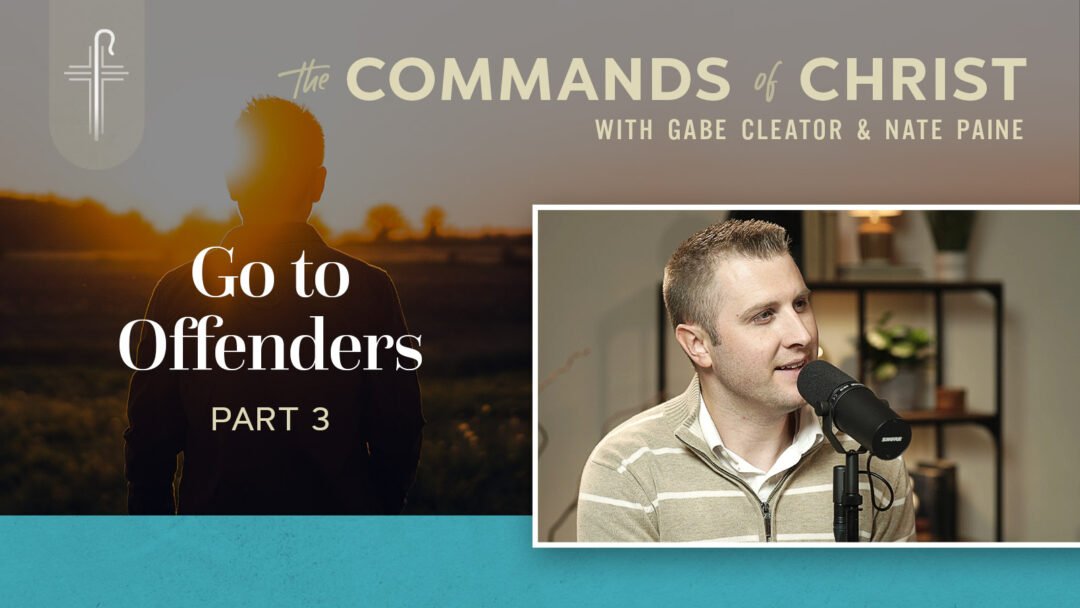The year was 1637. Almost twenty years of the brutal Thirty Years’ War in Europe had been fought. In the walled German city of Eilenberg, a group of starving citizens approached the tents of their Swedish invaders.
The Swedish army’s commander had levied an unbearable tax on the impoverished city. No one could pay it. Led by their pastor, Martin Rinkart, the people had come to plead for a reduction in the tax. The response was a firm “No!” Turning to his fellow-townsmen, Pastor Rinkart humbly urged, “Come, my children, we can find no mercy with men; let us take refuge with God.” Falling to his knees, Pastor Rinkart prayed, surrounded by others now also on their knees. Then they sang the German hymn, “When in the Hour of Utmost Need.” Seeing the humble scene before him touched the heart of the commander. He relented and greatly reduced the tax!
The Thirty Years’ War (1618–1648) began as a spiritual conflict between Protestants and Roman Catholics in Germany but eventually became a political war for territory. Multitudes had sought refuge in the walled city. The crowded conditions produced starvation and disease. One plague in the city claimed 8,000 lives! In 1637, Pastor Rinkart, the only minister in Eilenburg, toiled long hours caring for the sick and performing funerals for the deceased. In that one year, Pastor Rinkart buried 4,480 people. Today it is unusual for a minister to officiate three funerals in one day, but that year Pastor Rinkart conducted up to fifty funerals a day! During this time of misery and suffering, the pastor wrote the hymn, “Now Thank We All Our God.”
How could a man who witnessed such suffering, starvation, and death write a song of gratefulness to God? The words reflect his firm belief that in all things, good and bad, Romans 8:28 stands true: “And we know that all things work together for good to them that love God, to them who are the called according to his purpose.” Pastor Rinkart knew that hardships responded to in faith would draw us even closer to our Savior. The hymn teaches that thankfulness leads to praise. The hymn writer acknowledges God’s blessings from his birth and through these darkest moments of his life. His thankfulness crescendos into exultant praise, very similar to the doxology:
All praise and thanks to God
The Father now be given,
The Son and Him Who reigns
With Them in highest heaven,
The One Eternal God,
Whom earth and heav’n adore;
For thus it was, is now,
And shall be evermore.
As you sing this hymn, for what in your life can you thank God? May your gratefulness grow into greater praise to God!









